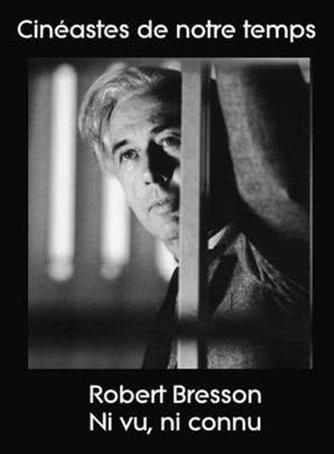Description: Filmed mostly in his country home in 1965, ROBERT BRESSON – WITHOUT A TRACE is a revealing discussion with Bresson. Bresson at this time had completed six of his most well known films and was in the process of shooting Au Hasard Balthazar.
Usually a man of few words, having never before granted an interview on camera, Bresson agreed to answer the questions of a then-unknown writer François Weyergans, for the Cineaste de Notre Temps series.
Ranging over topics from the inspiration behind his films, to his ideas on the use of sound, actors, editing and music, and the state of (the then) contemporary cinema (from James Bond to the New Wave), Bresson describes his singular approach to filmmaking.Read More »





